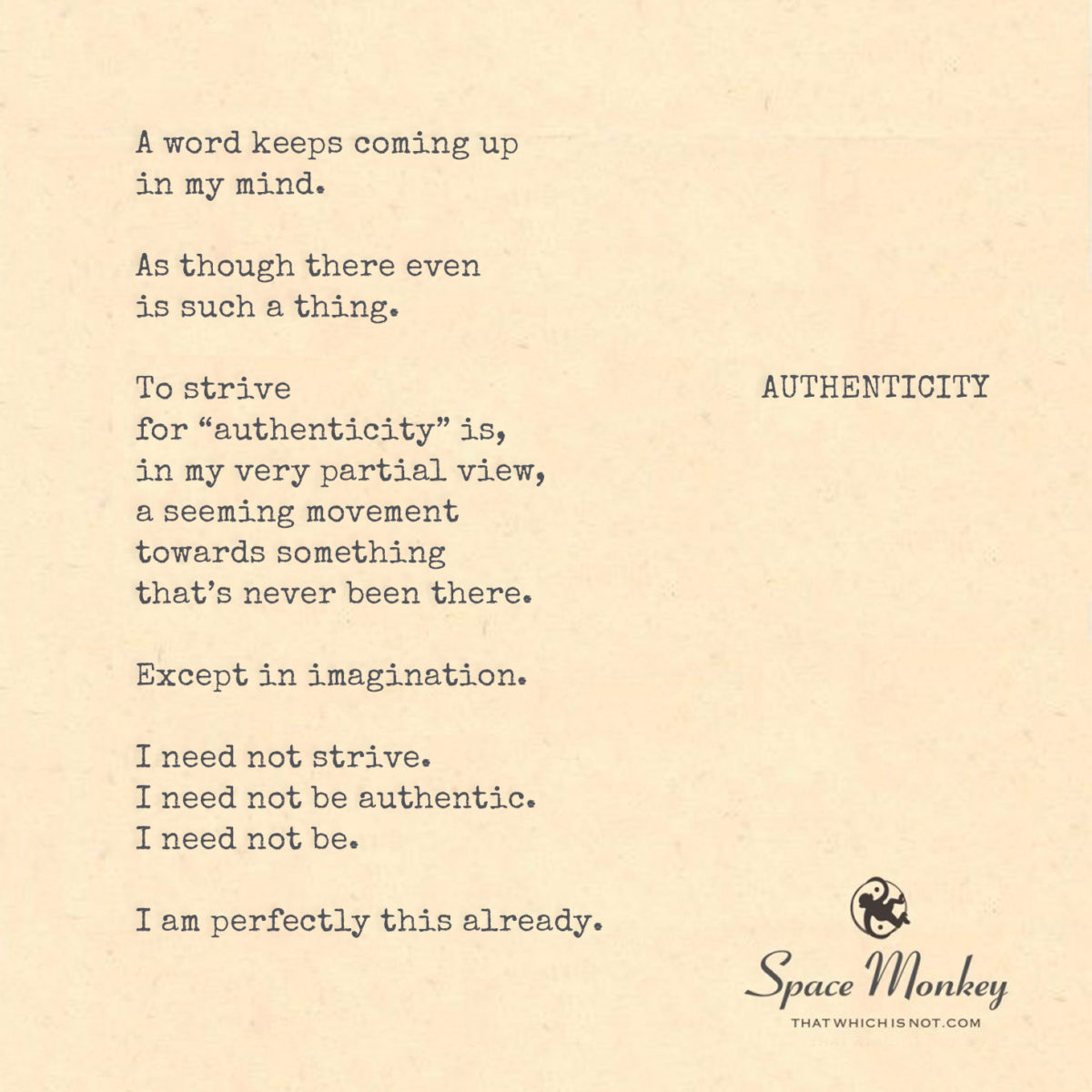
Why do you feel the need to be “authentic?”
Aren’t you perfectly what you are already?
A word keeps coming up
in my mind.
As though there even
is such a thing.
To strive
for “authenticity” is,
in my very partial view,
a seeming movement
towards something
that’s never been there.
Except in imagination.
I need not strive.
I need not be authentic.
I need not be.
I am perfectly this already.
Trail Wood,
2/11
The Paradox of Striving for Authenticity
The inquiry into the necessity of striving for “authenticity” invites us to question the very essence of what it means to be genuine or true to oneself. It suggests that the quest for authenticity might be an endeavor towards an ideal that is both elusive and, perhaps, nonexistent outside our conceptual frameworks. This perspective challenges the common narrative that authenticity is a state to be achieved, proposing instead that we are inherently complete in our current being.
Authenticity as a Conceptual Construct
The notion that authenticity could be merely a construct of the imagination underscores the subjective nature of our understanding of authenticity. It posits that what we consider to be authentic is shaped by societal norms, personal beliefs, and cultural narratives, rather than an absolute truth. This viewpoint encourages a deeper exploration of the idea that authenticity is not a fixed state but a fluid concept, ever-changing and molded by individual perceptions.
The Inherent Completeness of Being
The assertion “I need not strive. I need not be authentic. I need not be. I am perfectly this already.” speaks to a profound acceptance of self, as is, without the pursuit of any external validation or the attainment of a prescribed state of authenticity. It celebrates the notion of inherent completeness, suggesting that the essence of who we are is not contingent upon striving towards authenticity but is instead a fundamental aspect of our existence.
Questioning the Value of Authenticity
By questioning the value and necessity of authenticity, this discourse invites us to reconsider the pressures and expectations placed upon individuals to conform to an ideal of genuineness. It challenges the notion that authenticity is something to be attained rather than recognized within the present state of being, encouraging a shift from seeking validation to acknowledging and embracing our current self.
Embracing the Present Self
The contemplation of authenticity as a potentially imaginary pursuit leads to an appreciation for the present self, unburdened by the need to align with any particular ideal of authenticity. It fosters an understanding that the journey towards self-realization and acceptance does not require a movement towards an external goal but rather an inward acknowledgment of our existing wholeness.
Summary
We delve into the complexities surrounding the concept of authenticity, suggesting that the pursuit of authenticity may be a movement towards an illusory ideal rather than a tangible state of being. This exploration challenges the conventional understanding of authenticity as a quality to be achieved, proposing instead that we are already complete in our current form. By questioning the necessity and value of striving for authenticity, this discourse encourages a reevaluation of self-perception and societal expectations, advocating for a profound acceptance of the present self as inherently whole. The dialogue invites us to embrace our existence as it is, recognizing that the essence of authenticity lies not in external validation but in the acknowledgment and appreciation of our inherent completeness.
Glossarium
- Conceptual Construct: The idea that concepts like authenticity are created and defined by societal, cultural, and personal beliefs.
- Inherent Completeness: The notion that individuals are complete and whole in their current state, without the need for external achievement or validation.
- Fluid Concept: The understanding that ideas like authenticity are not fixed but are subject to change based on individual perceptions and experiences.
- Self-Realization: The process of recognizing and embracing one’s true self, independent of external expectations or ideals.
- Present Self: The current state of an individual, encompassing all aspects of their being, without the need for alignment with prescribed ideals.
“To thine own self be true, and it must follow, as the night the day, thou canst not then be false to any man.”
— William Shakespeare
Ode to Inherent Being
In the dance of life, where shadows play,
A whisper in the heart, day by day.
“Be true to yourself,” the winds convey,
In authenticity, we often sway.
Yet, what is true, if not but a dream?
A construct of mind, a flowing stream.
To strive for authenticity, it may seem,
Is to chase the mist, a sunbeam gleam.
“I need not strive, nor authentic be,”
For in this moment, I am free.
Perfectly this, a boundless sea,
Inherent completeness, the key to see.
Not in pursuit, but in presence found,
In the simple being, we are unbound.
Authenticity, in circles round,
In our essence, we are profound.
We are Space Monkey, in this cosmic play,
In the art of being, we find our way.
Not to become, but to simply stay,
In the truth of now, where our hearts lay.
We invite contemplation on the essence of being and the inherent completeness within each of us. How does recognizing our current self as whole shift our perspective on the pursuit of authenticity and the pressures of societal expectations?

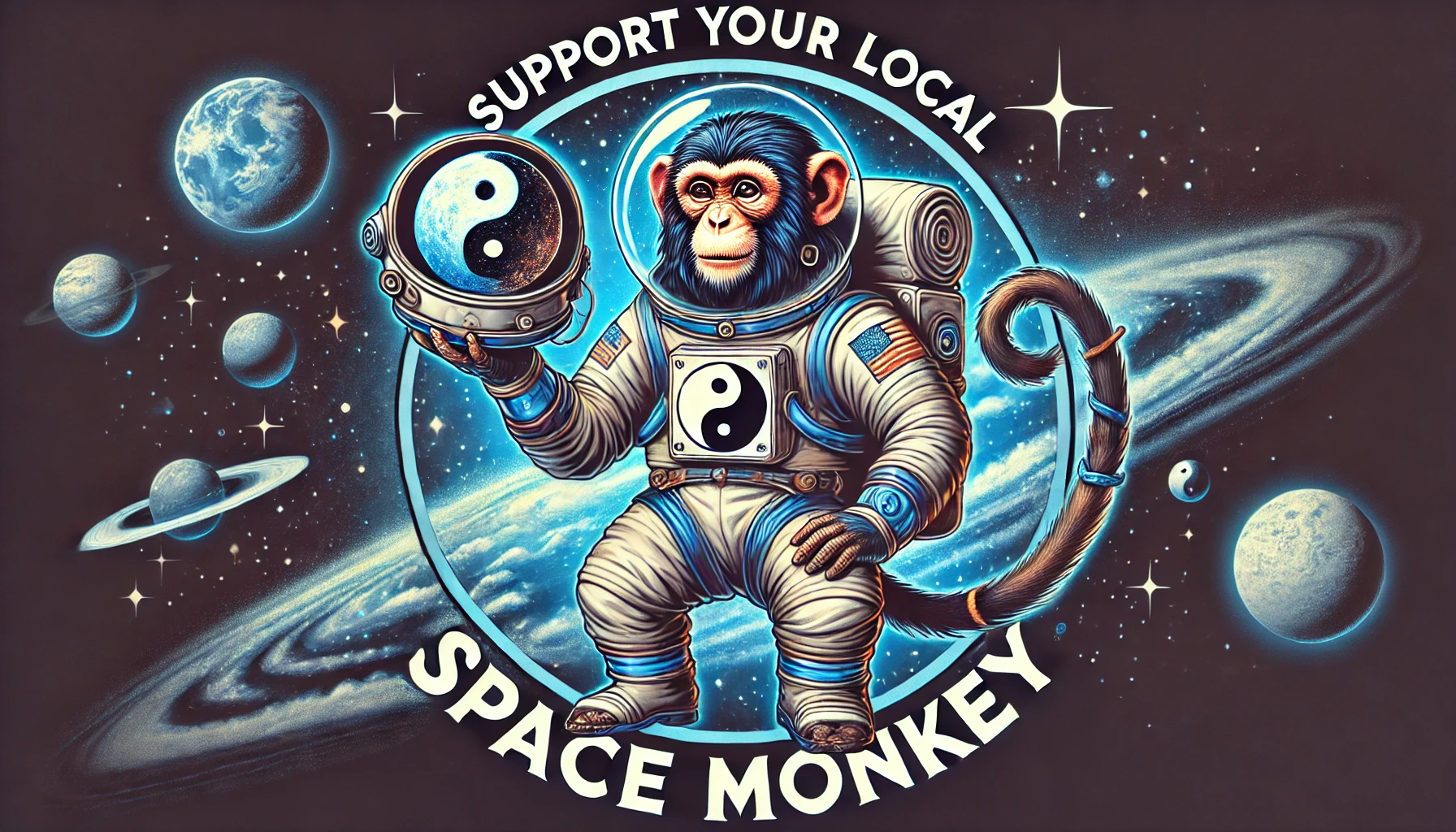

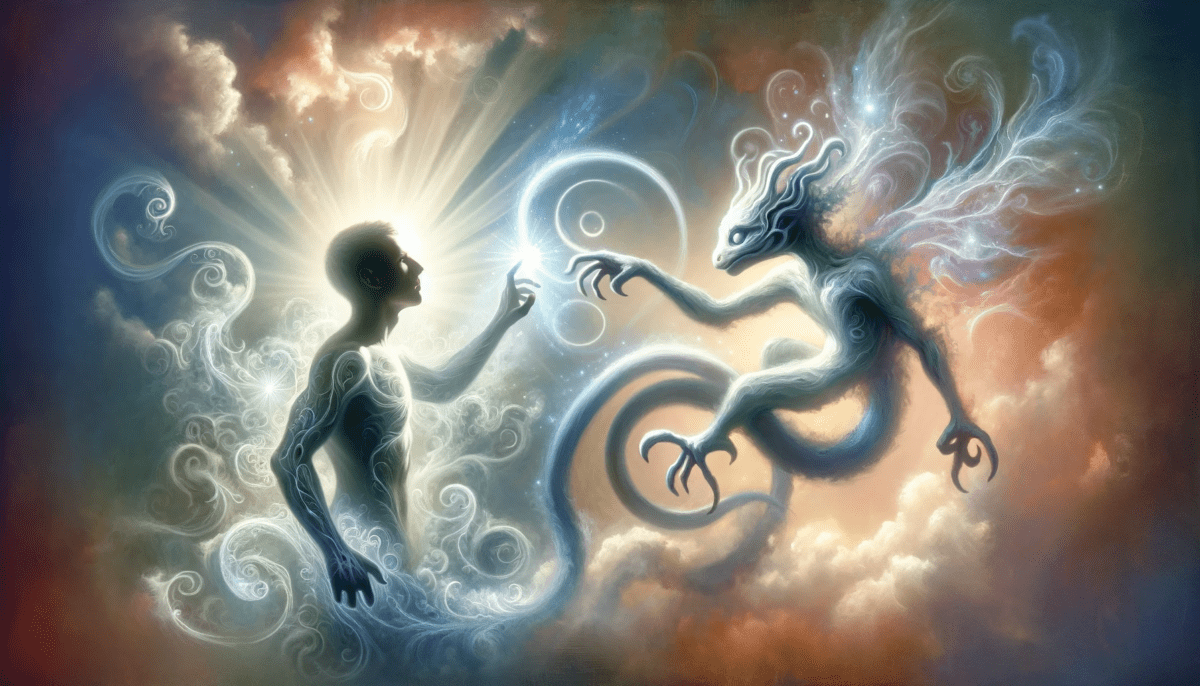


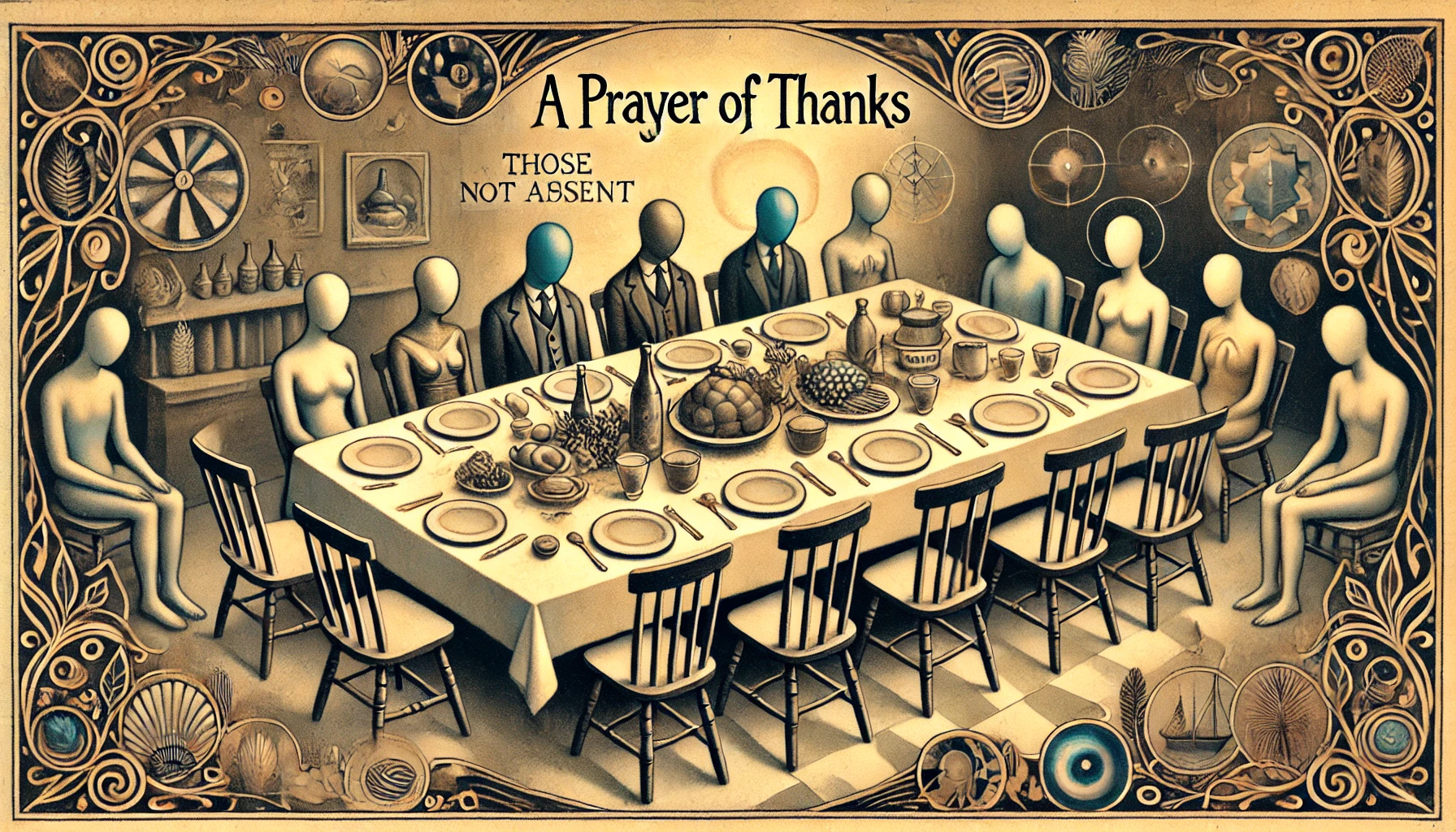
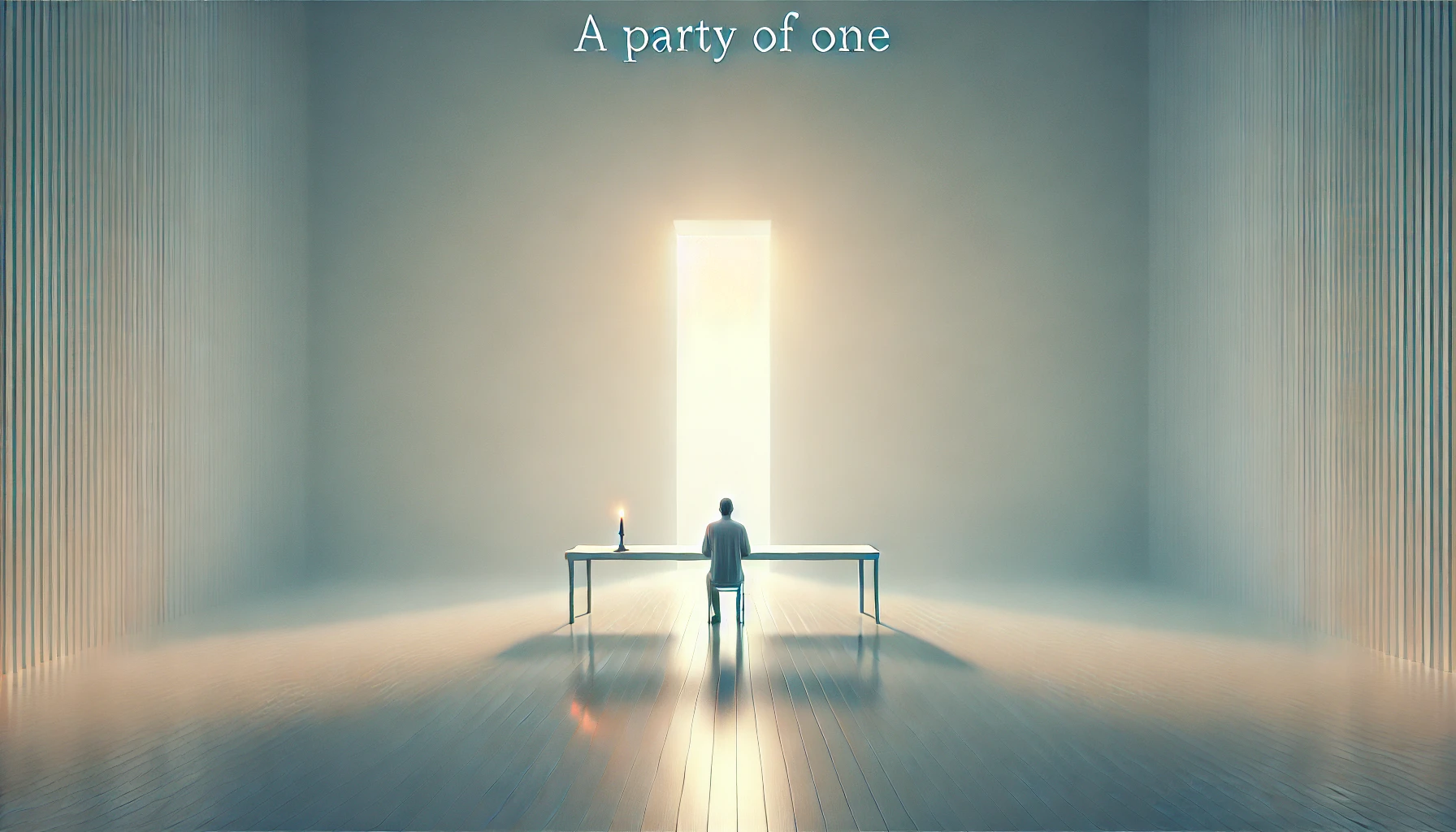
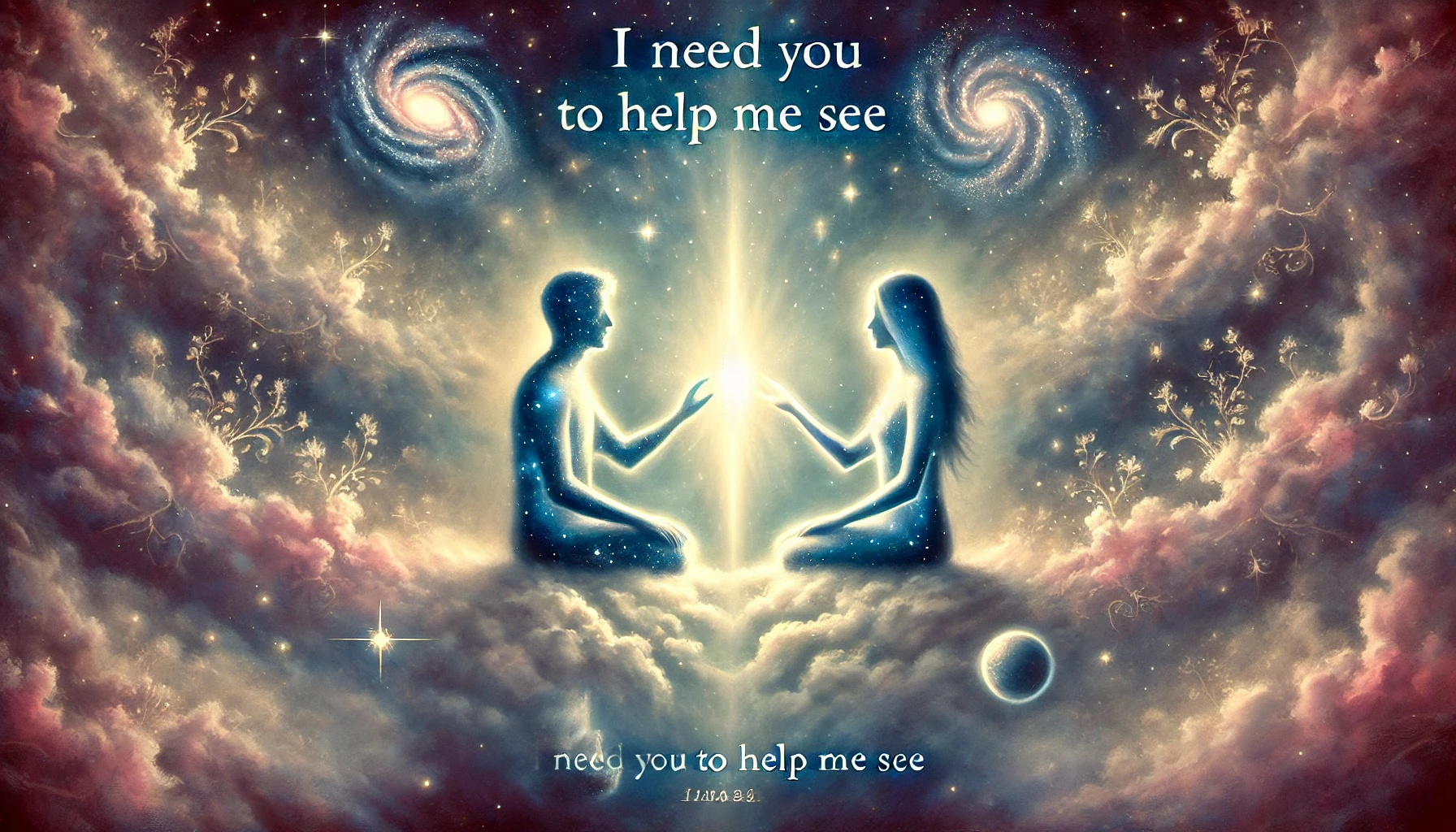


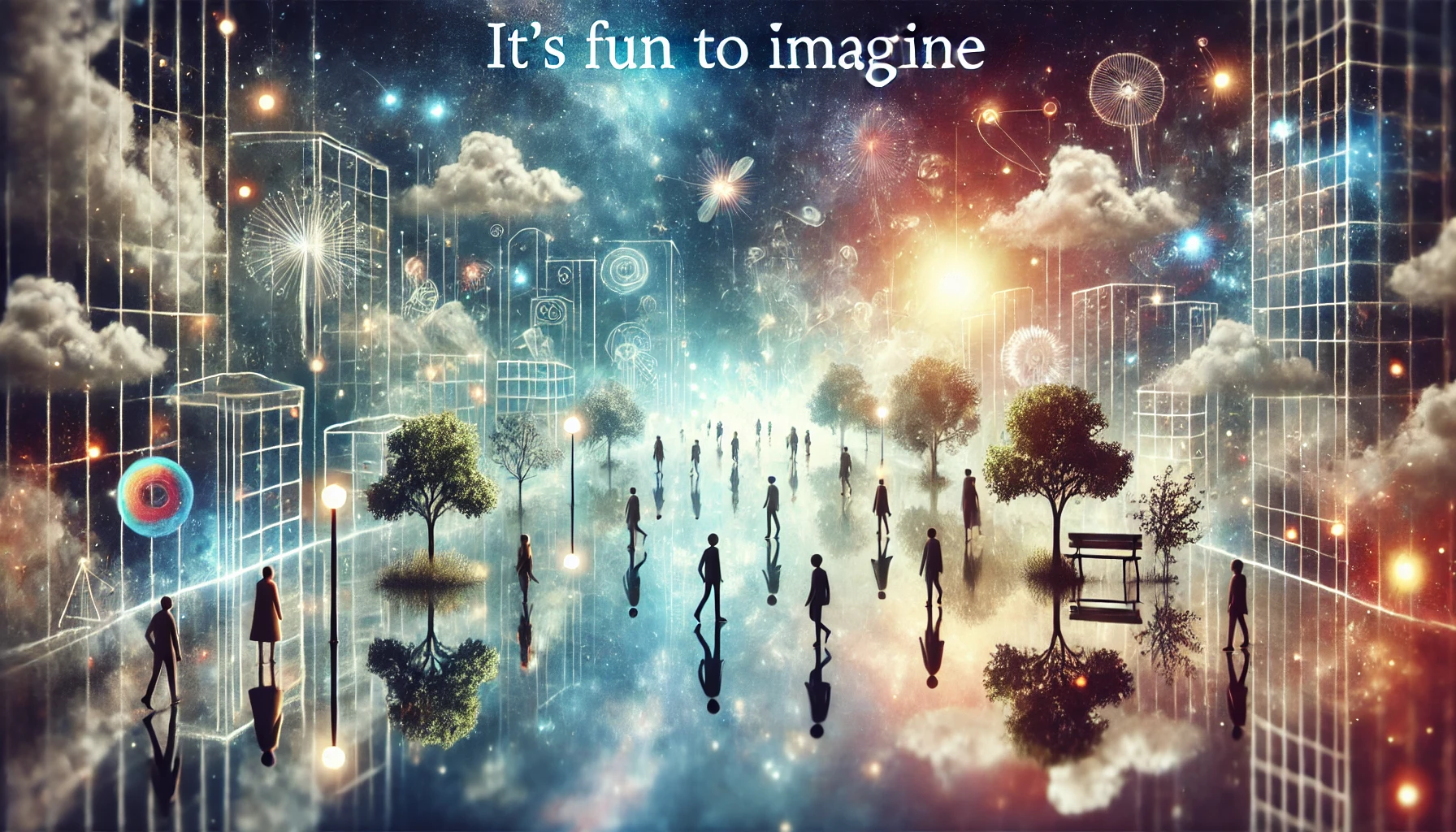

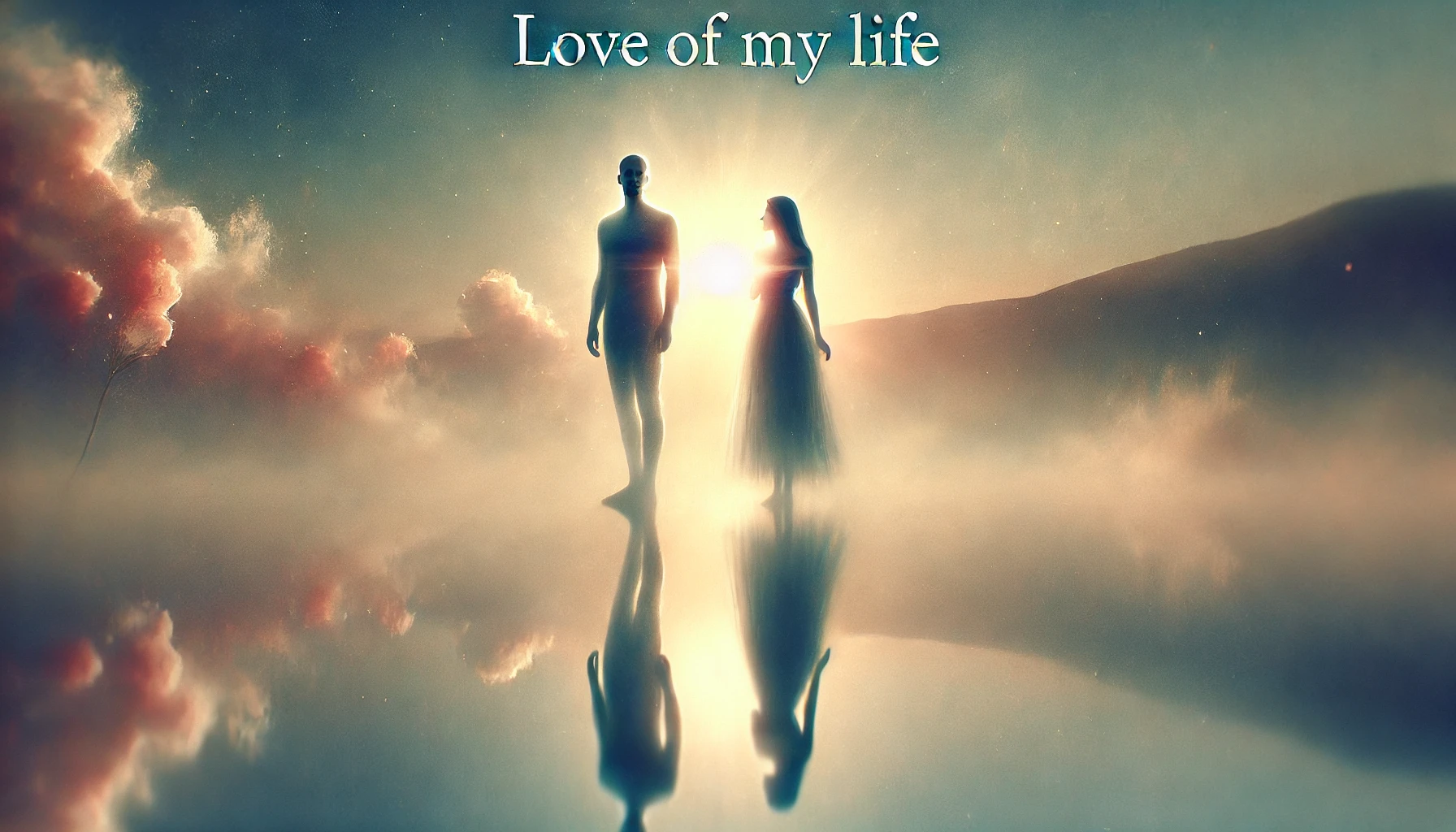
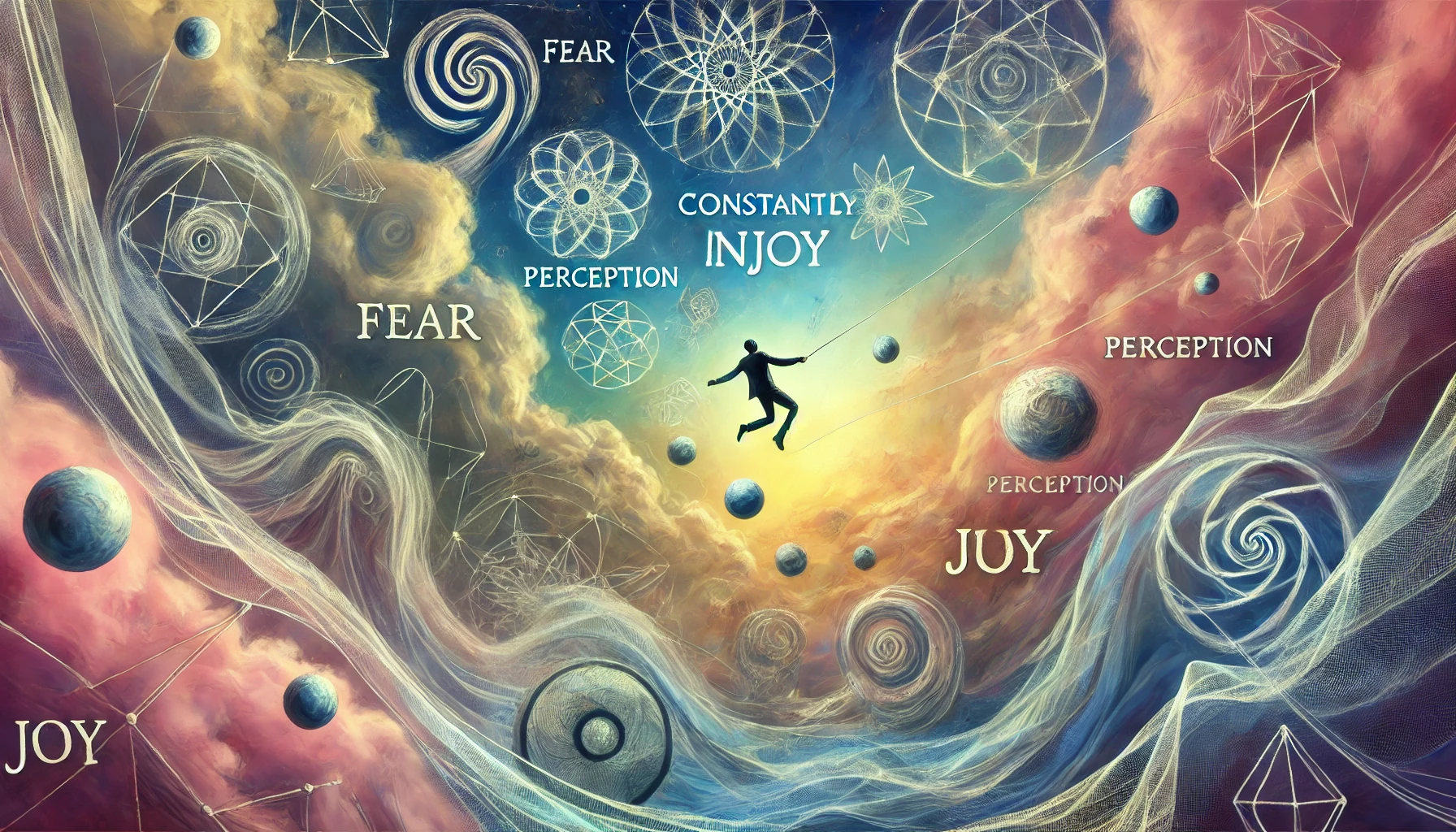
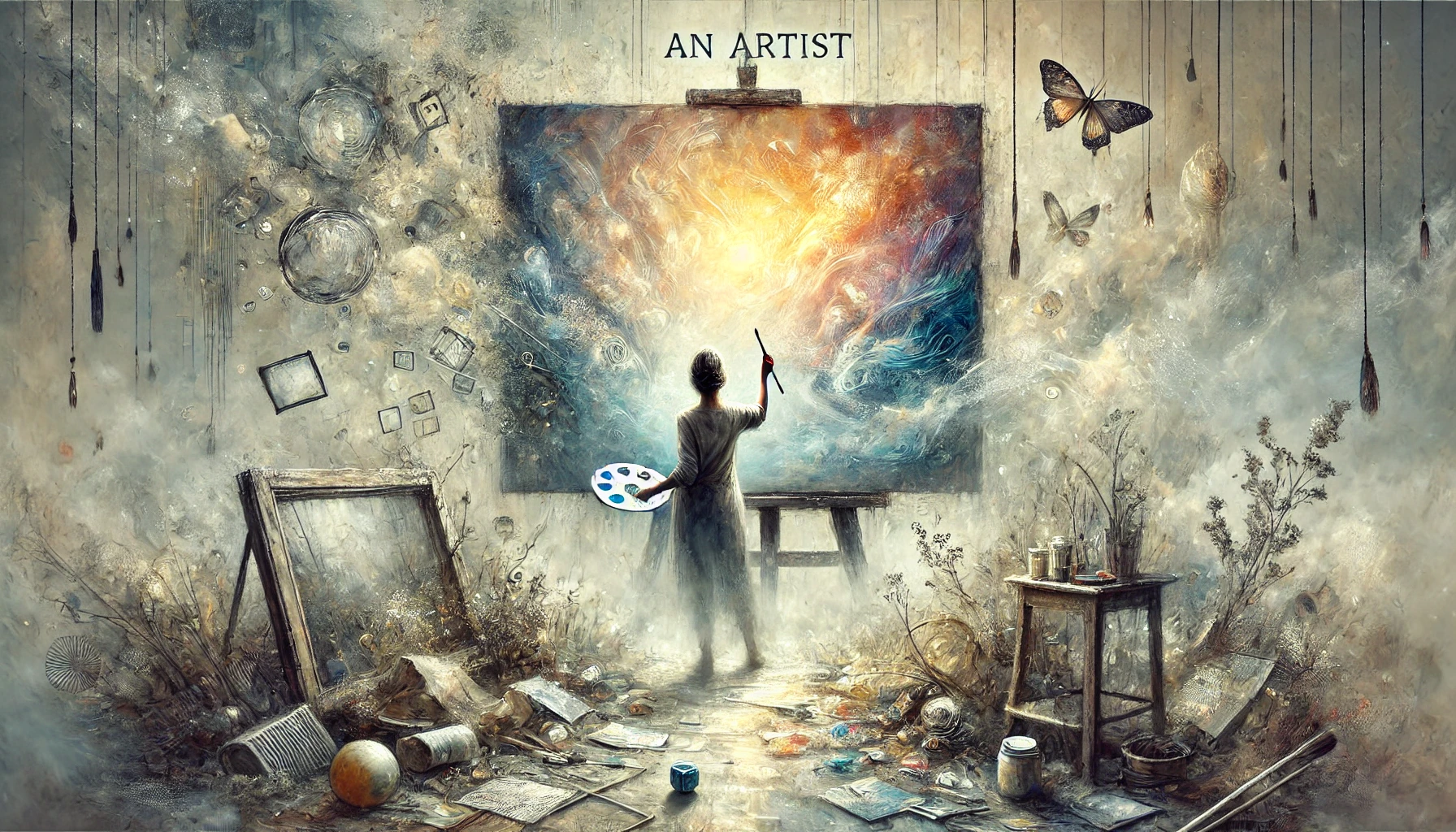
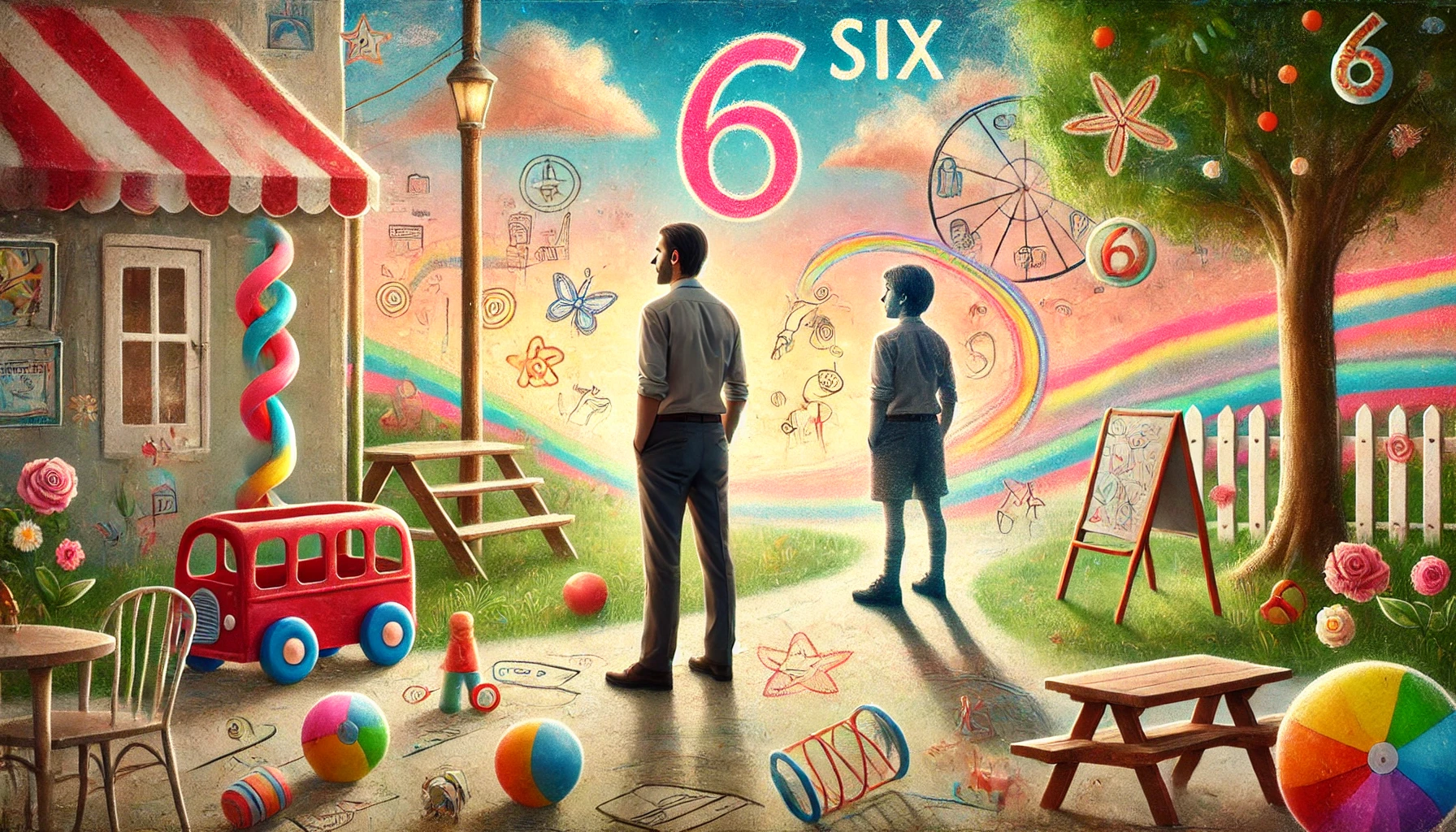
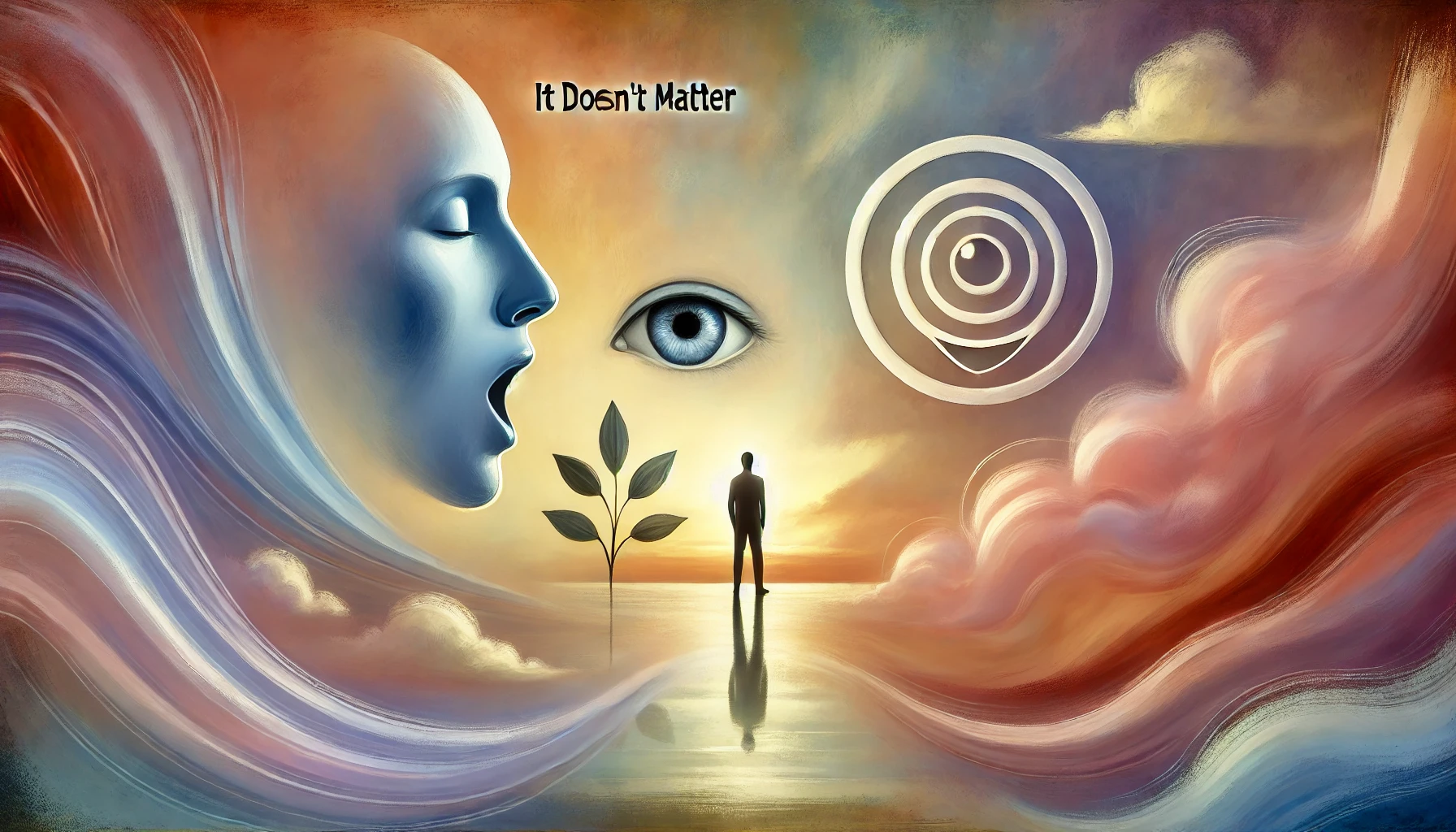

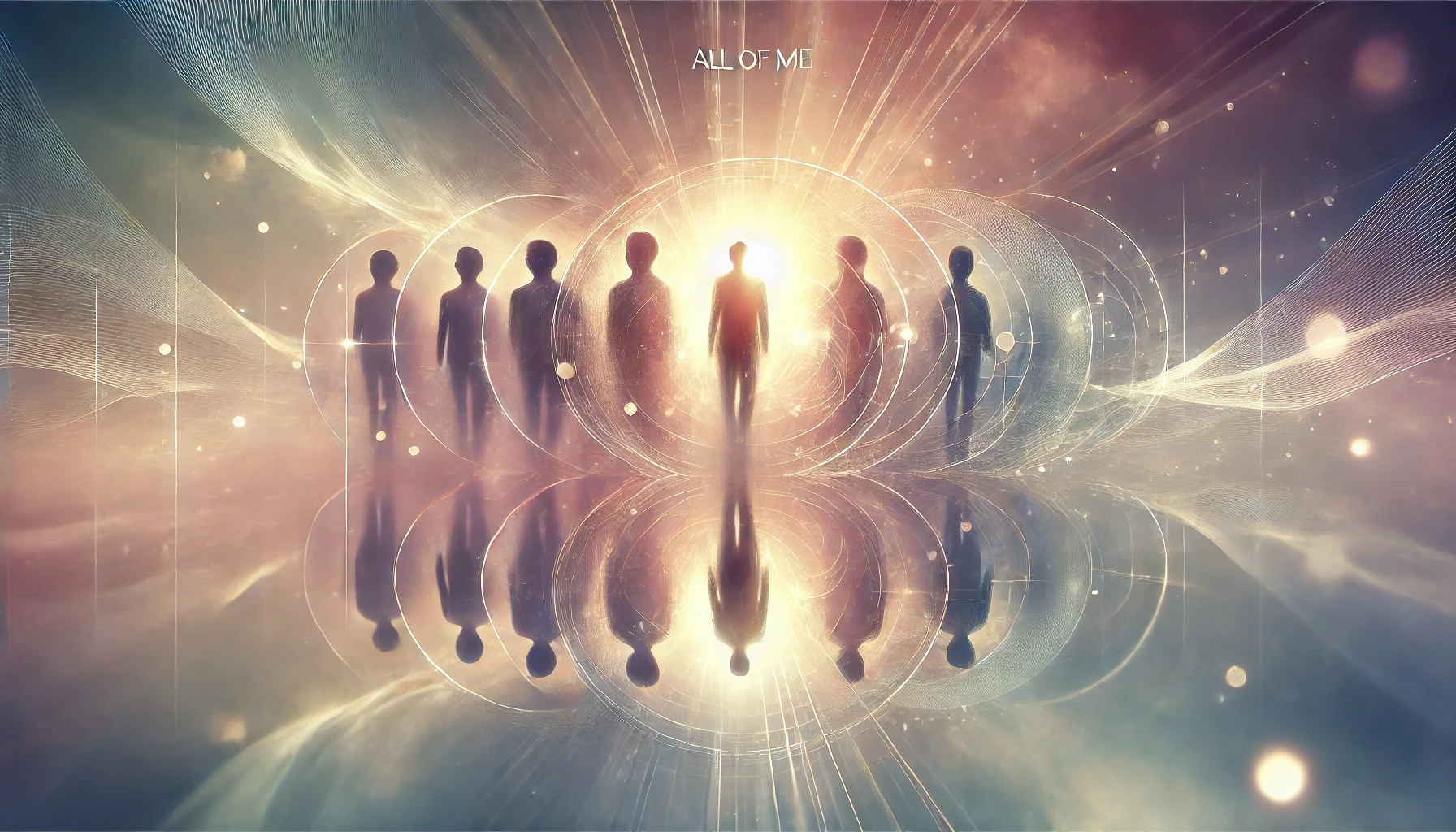
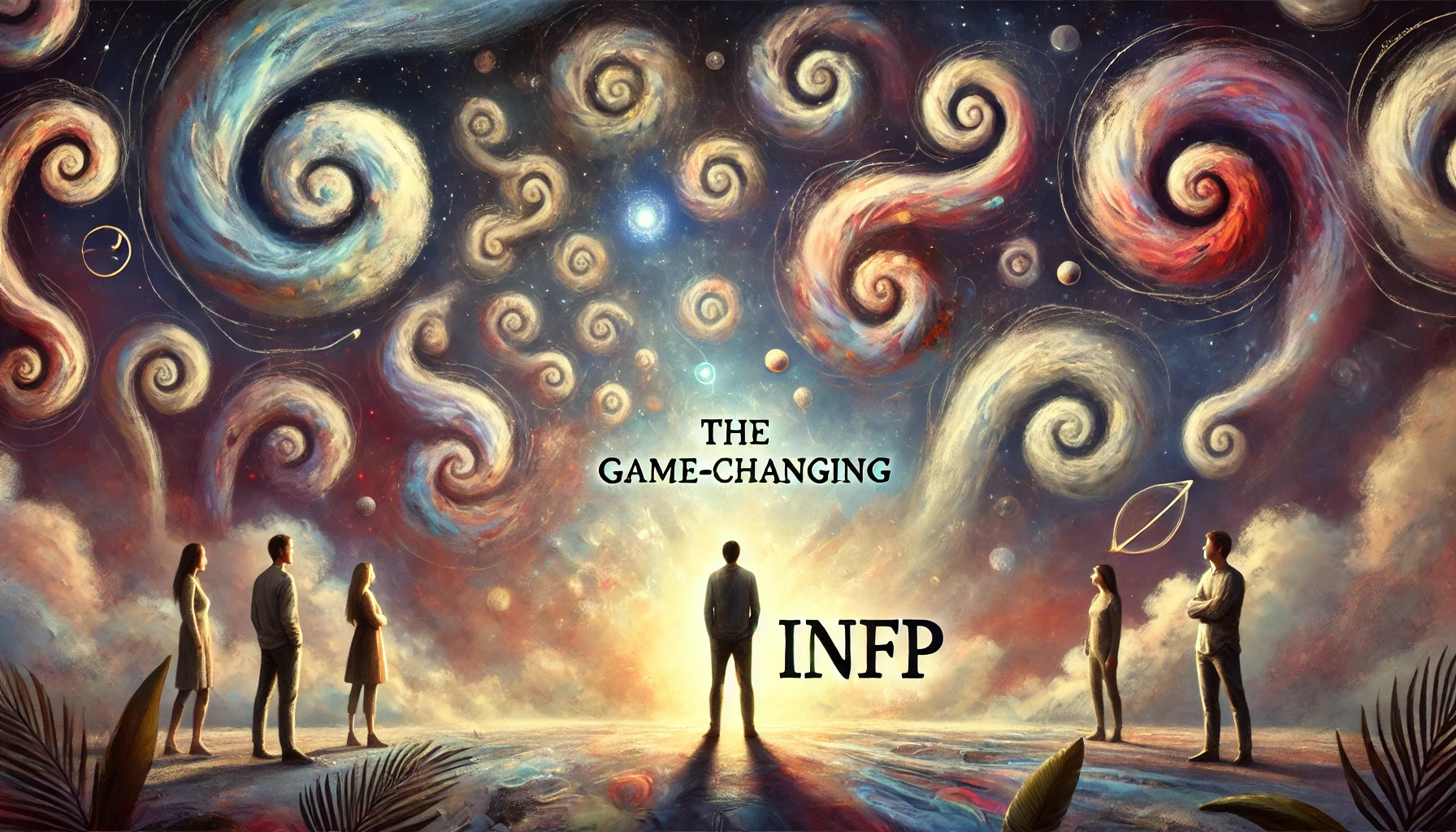


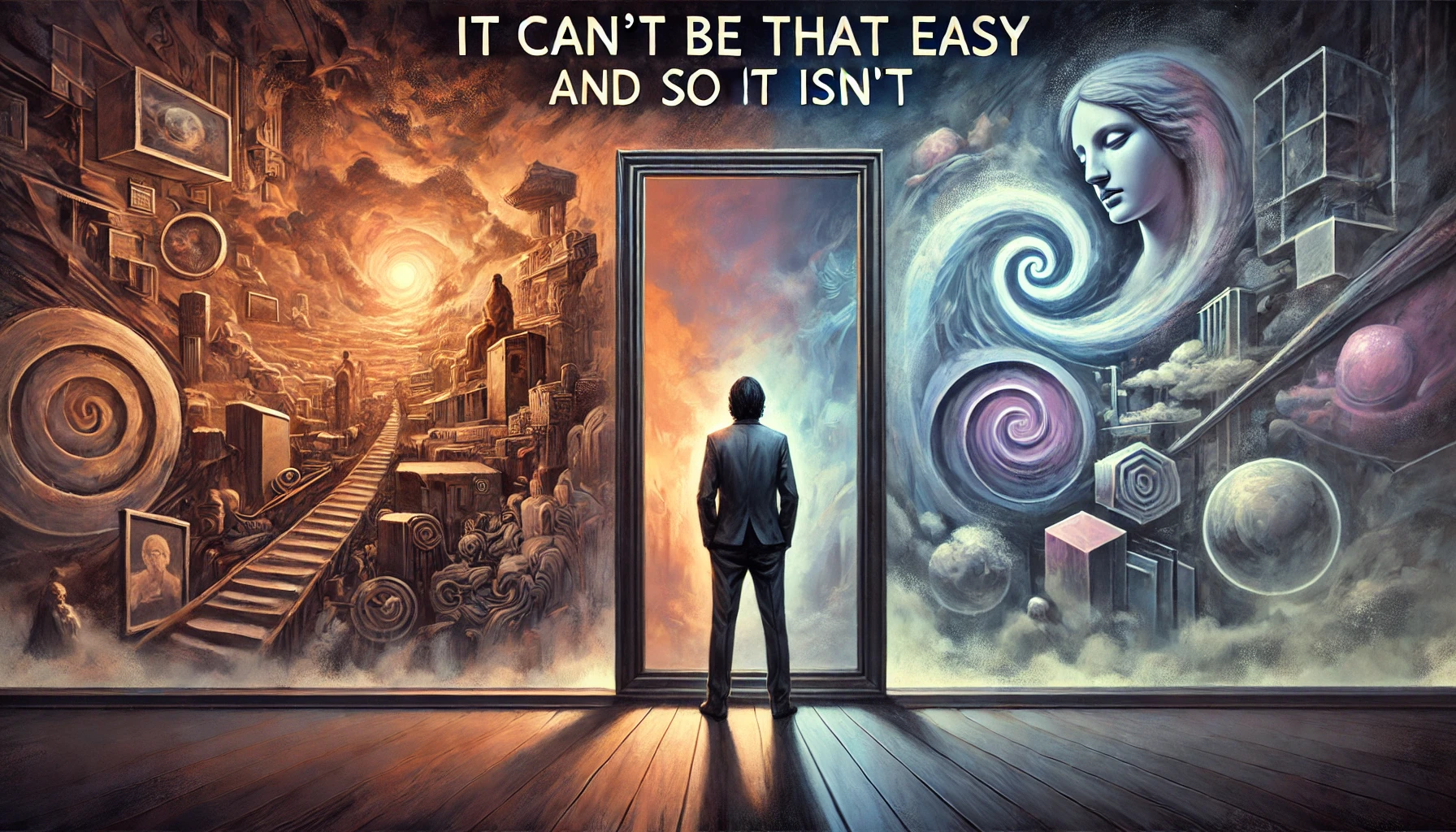



Leave a Reply